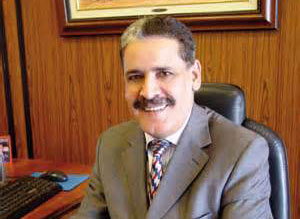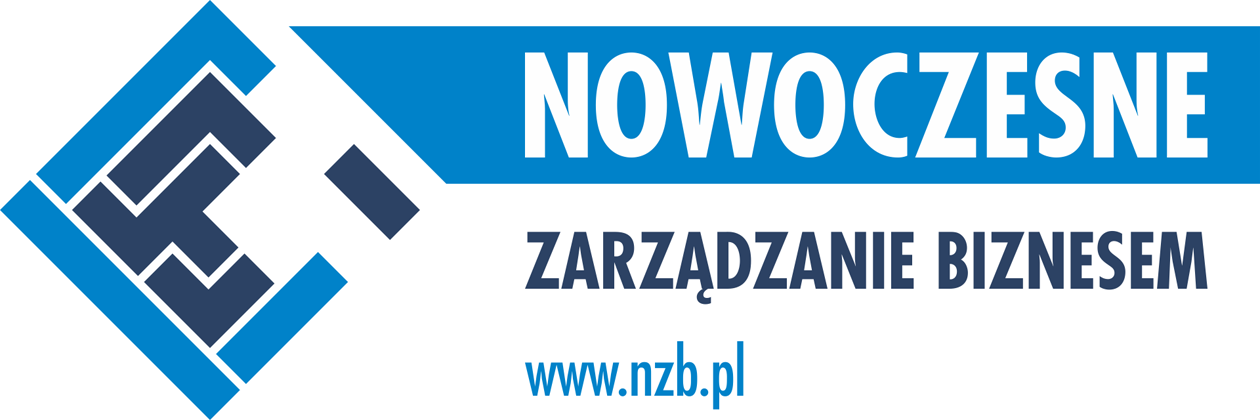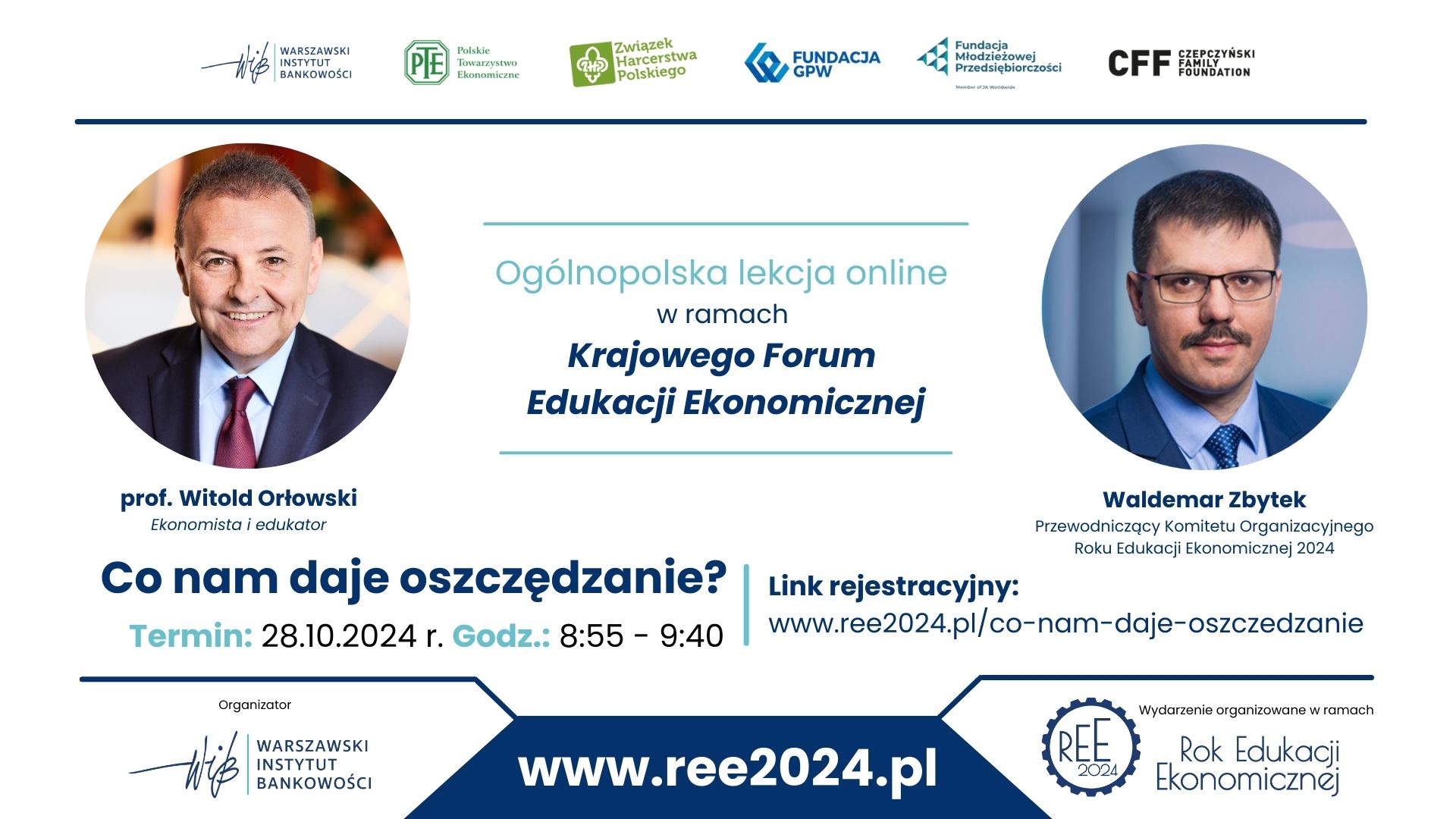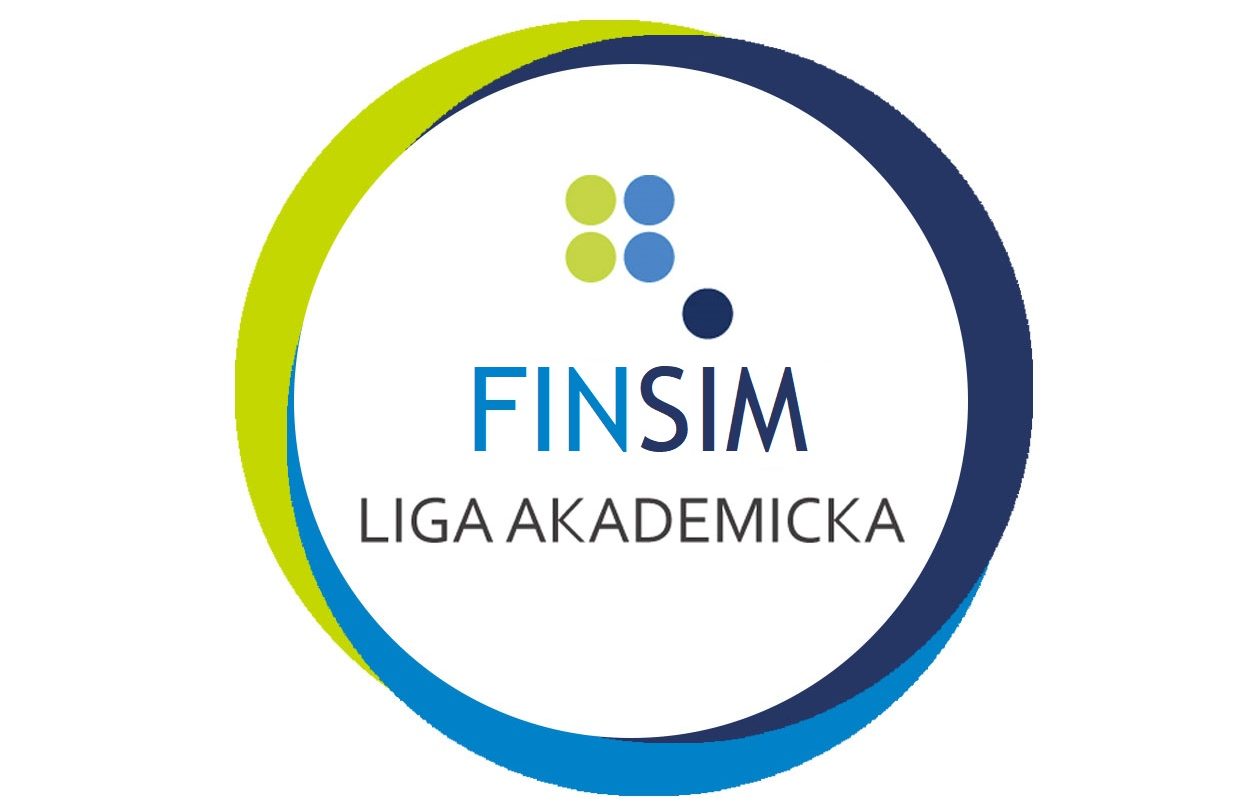
AK: Mr. President, what are the main areas of activity of the Mediterranean Bank Network?
HB: The objective of the Medi¬terranean Bank Network is ultimately to build stron¬ger relationships between its member banks. The cooperation between members is diversified in sectors such as the SME market, participation in syndicated loans, onsite training and trade finance cooperation. We still believe that the most effective tool to initiate cooperation efforts are our face-to-face meet¬ings. These are held at different member banks so as to familiarise other members with the member banks set up, culture and identity.
|
Mr El Basri representing Banque Centrale Populaire du Maroc, one of Morocco's foremost leading banks, has been Chairper¬son of the MBN since 2013. He ad¬mits that it is not always easy to come to quick decisions due to the fact that members are from different countries and hence, different cultures. Mr El Basri has vast experience in the financial services sector and has held positions within the Financing Department of Public Projects in Morocco and several positions at the Treasury Department including that as Head of the Division of Credit Institutions. He joined the Executive Board for Banque Centrale Populaire du Maroc in 2001 and served as Deputy Director General and Deputy Managing Director. Currently, Mr. El Basri holds the role of Chief Risk Officer. |
AK: Do you cooperate with other banking organisations?
HB: Mediterranean Bank Network maintains strong links to other networks and organisations, governmental and non-governmental, working in the field of financial services including professional organisations such as Chambers of Commerce, enterprises, multi country platforms for the development in the Mediterranean Region and in the European Region. Regarded as a voice of the Medi¬terranean financial sector, MBN is regularly invited to present its views by entities such as the Parliamentary Assembly of the Mediterranean, Eu¬ropean Central Bank initiatives, and other EU Euro-Med events. We also wish to continue building on links established with other Euro med networks. We also organise events, in fact we are currently looking into hosting another event in Brussels with particu¬lar focus on the Mediterranean SME sector and access to finance. We have already hosted two such events in Brussels and the response, attendance and feedback was very positive. We believe that such events offer the opportunity to get to know other neighbouring countries and provide vital in¬formation regarding the particular economies, set up, banks and re-quirements and provide reliable contacts.”
AK: To what extend the banks associated in your organisation cooperate with each other?
HB: Banks often cooperate between themselves on other matters such as participa¬tion in syndicated loans, joint projects in fund management and training. They also assist each other with 'inside' knowledge of particular markets – members may seek to build a rapport or require facilities in a particular country. The Network is also seeking further collaboration in the realm of facilitating account open¬ing –We already have this practice officially be¬tween two member banks for the scope of personal clients. Other member banks do this at their discretion and limited to commercial clients.
AK: The Mediterranean Bank Net¬work came about in 1996 a year after and as a consequence of the Barcelo¬na Declaration…
HB: I believe its incep¬tion and survival is already a great achievement, given the volatility of a region that still had to consolidate how it would work at strengthening political stability, democracy, shared economic prosperity, peace and se¬curity and the creation of a free trade area between the EU and its Mediter¬ranean partners. The challenges in the region, today, are still very rele¬vant. The reality however is that we have to be quick and efficient. I believe that in my role it is imperative to emphasise all the op¬portunities the MBN can provide, and to regard the economic crisis as an opportunity for all members to work further together.
AK: Have you encountered any difficulties in realizing your goals?
HB: The challenges faced by the MBN over the years have been vari¬ous. These include political influ¬ence. Although we do state that poli¬tics should not affect our network, there are definitely strong influences that have affected some members' participation, whereas others have affected a bank's interest to join the network. My belief is that the MBN is a strong tool to build definite links with other member banks. Of course it is reliant on personal relationships. Therefore one other major challenge is the responsiveness of the mem¬ber's representative and the interest to convey the MBN message.
Some countries, although Mediterranean, do not view Mediterranean coun¬tries as their major trading partners. The crisis has also ad¬versely affected some member banks' budgets. It is not surprising that post 2008, when fac¬ing the crisis, banks in general be¬came even more reluctant to lend to each other, as a result of a sharp in¬crease in the perceived risks of counter-party default and a contin¬ued lack of transparency about the health of banks' balance sheets. In truth we had member banks that reverted to Government recapitalization and this greatly effected our membership since major cost cutting exercise were put in place. The Arab Spring from the start also troubled members who felt that they could not collaborate due to the financial’ insecurity’ created.
AK: Some countries from the Northern African region have big population abroad. Do you observe a similar phenomenon as in Poland where money transfers from Poles working abroad amount to 1-2 per cent of GDP?
HB: In Morocco alone, 3.5 million Moroccans live abroad with a large percentage living in France. Hence remittances of Moroccans living overseas represent around 10 percent of the Moroccan GDP. As a result Banque Centrale Populaire Maroc and Banques Populaire of the BPCE group (France), also an MBN member , have collaborated on facilitating intra-country remittances between the two banks offering Moroccans working and living in France faster transfers and advantageous and reduced bank charges.
AK: What are your relations with the EU?
HB: The Mediterranean has always been integral to Europe and is a particularly interesting region to study in light of the extent of variation in financial development both across countries and, perhaps more intriguingly, across different measures. Overall observations imply that the financial systems in the southern Mediterranean are unable to divert the financial resources available to them as funding opportunities to private enterprises. Nevertheless strong legal institutions, good democratic governance and adequate implementation of financial reforms – all at the same time – appear to have a substantial positive impact on financial development. In most of the cases, especially for the Mediterranean South Bank countries, EU is the main commercial partner and should be interested in developing an autonomous, ambitious, multi-dimensional long term strategy aimed at virtuously linking the two sides of the Mediterranean.
AK: What are the greatest challenges that your banks are facing nowadays within the region?
HB: They are various. Banks have been under heavy criticism that they are not doing enough for the SME sector; the criticism is reliant on the impression that the opacity of banks’ lending criteria and processes are a barrier to SME lending and that lending and feedback for unsuccessful loan applications is frequently inadequate and unhelpful to the applicant.
AK: Did you change your lending criteria after the financial crisis? What was, generally, your response to it?
HB: In the wake of the financial crisis banks within the region have made significant progress toward changing their risk governance frameworks. Board risk committees are nearly universal, and the role of the chief risk officer has broadened, while its seniority and status have been enhanced.
The trade finance industry too is changing rapidly. While in the past leading banks have benefited from client demand in risk mitigation in their trading relationships and enjoyed a rise in funded assets as a result, the business now faces geopolitical uncertainty bringing about further stability risks , new banking regulations and high marginal costs of equity.
AK: What about technological challenges?
HB: The competitive landscape for banks is rapidly changing as technology and customer demand are bringing new players into the market. There was a time when geography and branch location played a significant role in how consumers selected their bank, but digital options, have created marketing channels. Using solely traditional channels , banks are at risk to losing customers .The pace of change when it comes to technology and the web is fast and furious. The pace at which digital and mobile is impacting how consumers engage with brands making the delivery of banking services, digitally, both a challenge and an opportunity.
AK: What topics dominate your meetings?
HB: Our discussion at members' meetings is focused on understanding the hurdles that other member banks face, promoting members' fi¬nancial stability and re-establishing trust and complementary goals. We have experienced the worst economic and financial crisis of the post-war period. This was an¬other test to reaffirm the confidence between MBN member banks.
AK: It is interesting to note that similar banking partner initiatives within the Mediterranean region have not survived and yet MBN is well into its 19th year of collaboration…
HB: It is a pity since MBN would have surely found ways of collaboration had they survived. Yet we are selective in our membership with the criteria that member banks must be privately owned and operating according to free market economics or reveal a strong market orientated character and that banks must be top ranking within their countries . We have a one Bank per country Principle. Yet our advantage lies in the fact is that our members are few but committed. Another advantage is that we have an administration office in Malta that markets the member banks and works on development projects.
AK: What are your main areas of development?
HB: MBN is always looking for new ways of development. Since member banks are larger banks, all members have the advantage of having their own in house training. Hence with the scope of MBN, we did not want to be a simple training forum. In recent years MBN member banks offered the opportunity for ‘hands on’ intra-member banks visits rather than off -the-shelf in house class training .In 2012 ,we had decided to look further into training projects , however still differentiating the scope. Being an non-profit association we looked in the EU funded projects related with reliable partners.
AK: You participate in international educational projects. What are they?
HB: In our first project we were honoured to be working with the Berlin School of Economics and Law, European Banking Training Network, University of Sofia, the Portuguese Bank Training Institute, EFFEBI Association, and the National Bank of Slovakia Institute of Banking Education. The project entitled ‘QUADRO’ (Quality Development Roadmap for training in the Financial Sector) had the objective to support the Quality Assurance approaches for training in the Financial Services Sector, from learning needs identification to impact of training results. The Quadro approach focuses on improvements, thus allowing for significant improvements in effectiveness and efficiency, as well as smart alignment with business objectives for banks. Now that the project has been concluded , there is ample opportunity for the Quadro tool kit to be utilised both as a measure as well as a mode of implementation for quality assurance.
Our second and current training related EU funded project is called the ILPO55. This project is being developed to address the various challenges and strategies to provide tangible tools in implementing the management for the over 55 employability of individuals. The objective is to support the imparting of skills in the ‘over 55’ employment sector, and to engage employees to transferring work-based competencies and experiences to the younger generation. The benefits would motivate the banking sector to become more active and efficient, to support the reduction of skills mismatch and to enhance entrepreneurial behaviour thereby resulting in better exploitation of the over 55 competencies and work experience.
AK: Your pro-active attitude explains why you were one of the first banking organisations to join our Modern Business Management project. Thank you for that and for this interesting interview.
More information about the Mediterranean Bank Network, its scope, events and EU related projects can be found on www.medbanknet.com






